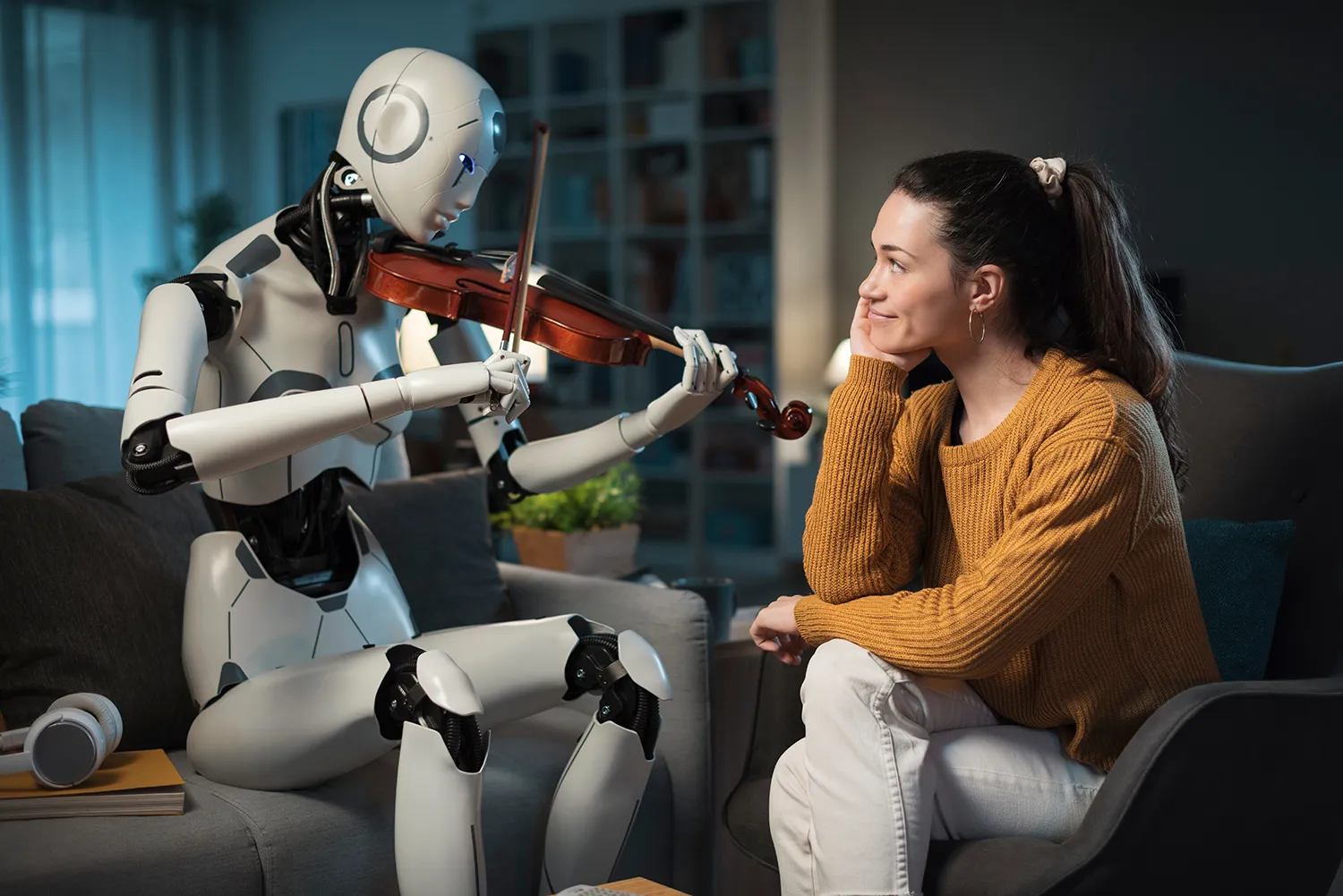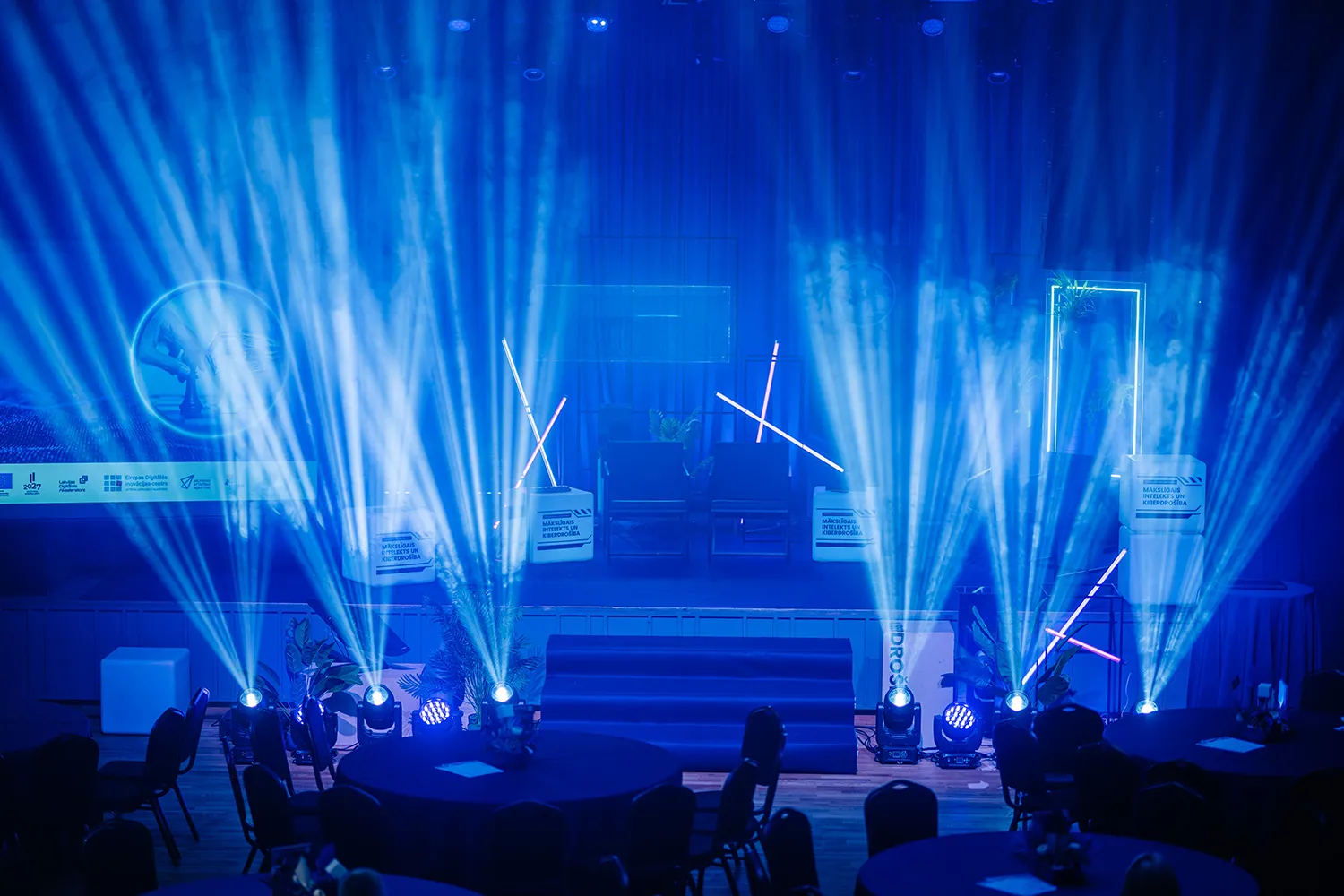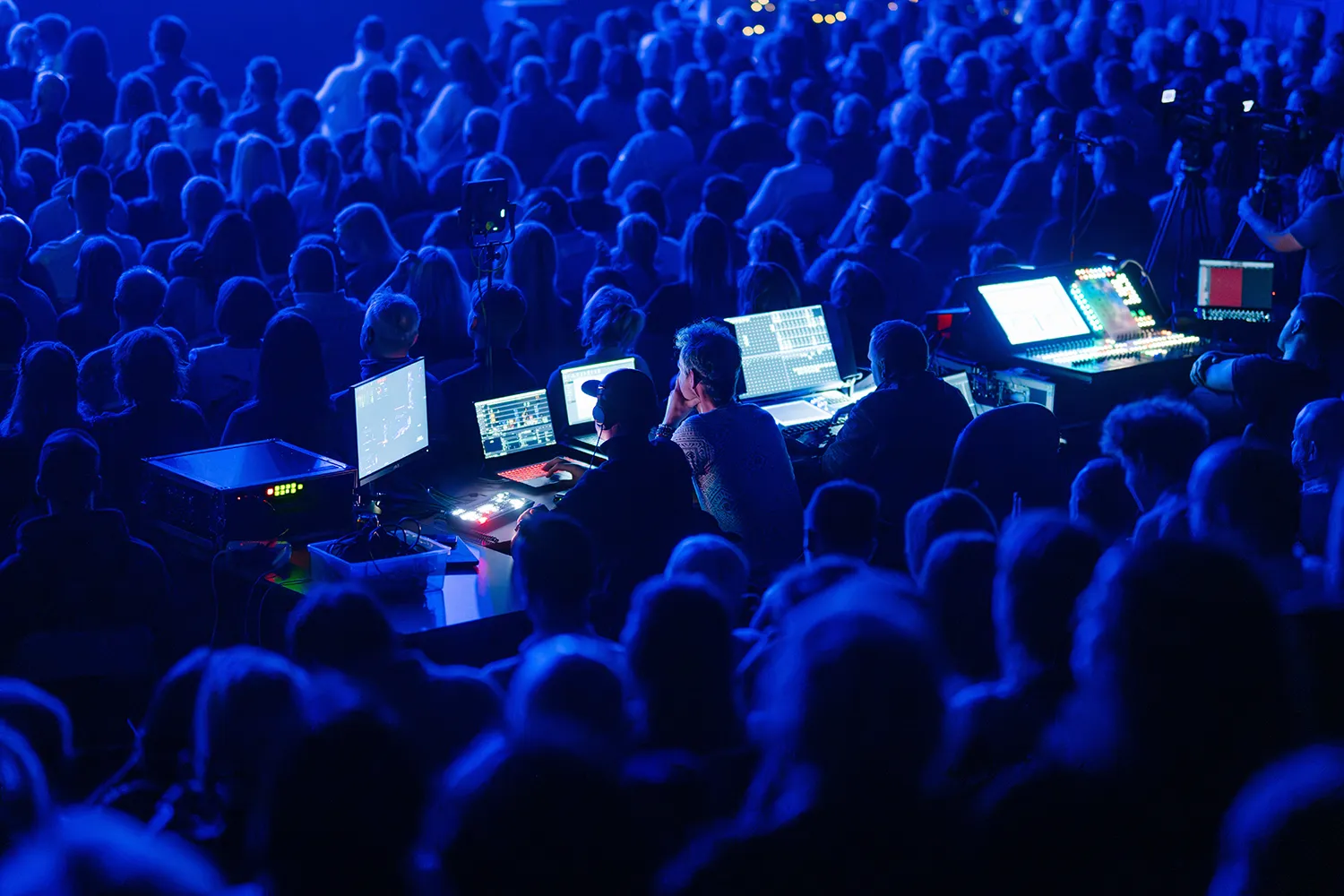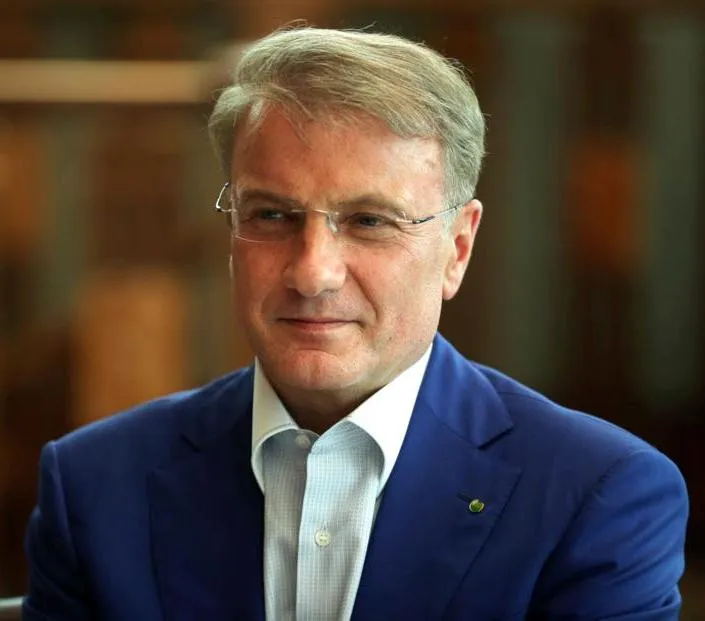Tchaikovsky Would Be Impressed: Russia Creates a Unique Opera with AI

Russia premieres the world's first AI-assisted opera, blending Tchaikovsky’s unfinished work with neural networks. The project redefines the fusion of classical music and high technology.
An Unfinished Masterpiece of a Russian Genius
Composer Pyotr Tchaikovsky began working on the opera «Mandragora» in 1869–1870 together with scientist Sergey Rachinsky but never completed it. Only one fragment has survived—“Chorus of Flowers and Insects on Ivan Kupala Night.” Today, modern composer Pyotr Dranga took on the challenge to finish it. To assist, he enlisted Sberbank’s neural network. Together, they 'completed' the opera of the Russian master.
The result is a spectacular performance rooted in Slavic mythology. GigaChat wrote the libretto, SymFormer refined the score, and Kandinsky created the visual designs. The project took about a year to complete. “It was a very ambitious and demanding task. Back in his time, Tchaikovsky was advised to abandon the opera—it was considered unfit for the stage. But I saw its potential.

This is a massive undertaking—170 people perform on stage, including AI. The AI suggested implementation options and handled technical processing, allowing us humans to focus entirely on the art,” shared Dranga before the premiere.
Mandragora: A New Chapter in the Synthesis of Art and Technology
The premiere at the academic venue of the Mariinsky Theatre signals a new stage in the synthesis of art and technology. Combining historical classics with digital innovation marks a cultural and technological milestone. The project demonstrates how AI can become a creative tool, freeing artists’ time for imagination and expression. Russia is setting a new trend.
This experience of human-AI co-creation is likely to inspire global theaters and similar artistic experiments. “This is our attempt to offer a bold and unconventional version of a classic work, to combine human talent with AI capability, and to show something truly fascinating to our discerning audience,” said Valery Gergiev, artistic director and general director of both the Mariinsky and Bolshoi Theatres.
A Russian Project of Global Significance
While neural networks are already used for music and visuals in other countries, projects of this scale remain rare. This makes Russia’s initiative of high international interest. Future performances might be streamed or presented in VR formats. Importantly, the opera’s foundation in Slavic mythology promotes Russian cultural heritage.

Timed to the 185th anniversary of Tchaikovsky’s birth, a composer revered worldwide, the opera is destined to attract global attention. Domestically, interest is already growing. A tour has begun: in June, «Mandragora» will be staged in Izhevsk. The Mariinsky Theatre has added it to the 2025–2026 repertoire, with premieres in St. Petersburg scheduled for October.
Experts note that such hybrid productions have strong potential for international festivals and digital platforms. Business interest is also rising. Major players like Sberbank are increasingly supporting cultural initiatives, paving the way for experimental formats with neural networks and cultural education projects.










































